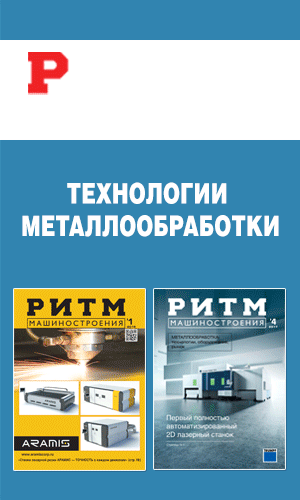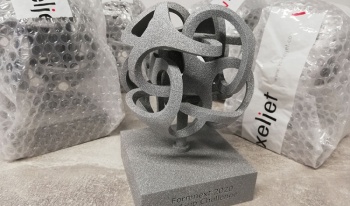
The innovations of winners of the Formnext Startup Challenge will be presented during Formnext Connect, which kicked off yesterday (10th). Therefore, no better timing to have a closer look at the 5 winners of the challenge and what they tell us about the latest technical developments in the industry. As always, the competition was looking to nominate innovative startups, but also those that are actively contributing to sustainability, rewarded by the AM Ventures Impact Award. Sustainability being one of the pillars often considered key to the benefits of additive manufacturing, and one which more and more investors are measuring closely. Additionally, the purmundus challenge will also reveal its winners during Formnext Connect, with this year’s theme being “Geometry and Material in Harmony”. The challenge sought innovative solutions for the beneficial use of 3D and 4D printing in product design and manufacturing!
This year, five startups managed to win over the jury of the Formnext Startup Challenge with their innovations: Addiguru, based in the US, AM Flow, based in the Netherlands, Molyworks based in the US too, NetmatX from Switzerland, and TOffeeAM from the UK. Additionally, the CEO of AM Ventures explains this year’s focus on sustainability: “Making a contribution to sustainable development is no longer just an added bonus for startups; it’s crucial to their success, and it also provides them with major business opportunities. Plus, more and more investors are factoring sustainability into their decision-making, and it won’t be long before they all do.” This year, the winner of the AM Ventures Impact Award is Molyworks.
Addiguru: External real-time monitoring
Addiguru offers an easy-to-use and affordable real-time monitoring system for additive manufacturing. Its monitoring technology is compatible with any manufacturers and integrates well into both established and newly developed AM units that work with metal. It involves a camera that connects to an external computer and looks down onto the powder bed from above. The US startup’s software automatically recognizes the relevant images and sends the photos taken to a self-learning algorithm for analysis. This then detects anomalies and informs the user accordingly.
AM Flow: Automated post-processing
Post-processing is an essential step in the AM workflow but one that has yet to offer more automation to enable high volume production. This was what prompted the Dutch startup to develop an end-to-end solution for post-processing and offer Industry 4.0 technology for the AM sector. By digitalizing and automating the production process, AM Flow primarily wants to significantly reduce the labor costs involved in post-processing, which are typically still quite high. The company’s comprehensive solution covers everything from component recognition, handling, and sorting to packing and transport. It uses a variety of technologies, including 3D shape recognition, industrial image processing systems, and AI software, to automate products and processes once 3D printing has already taken place.
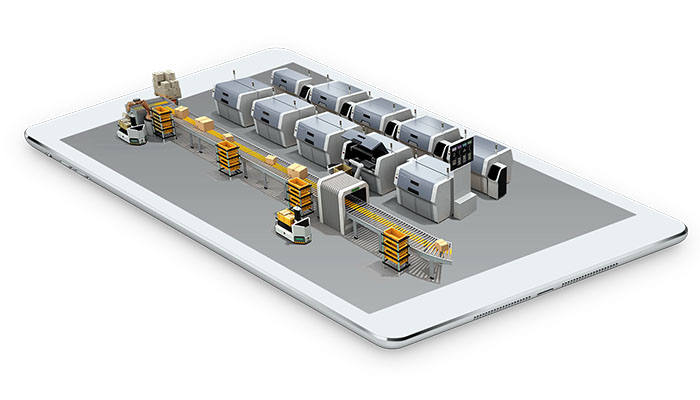
Molyworks: Turning scrap metal into AM powder
The aim of the Californian start-up Molyworks is to establish a sustainable means of recycling scrap metal (swarf or used powder and components, for example) back into the production process in order to manufacture more metal powder for 3D printing. To that end, its founders developed the Greyhound system in a garage back in 2015. It now consists of a mobile melting furnace and an innovative powder atomization system. Molyworks’ young team has conducted trials with 21 different metals, including titanium, steel, nickel, aluminum, and copper. One of the main reasons why the company won the inaugural AM Ventures Impact Award has to do with Greyhound’s potential to save a great deal of resources. According to Molyworks, metal production accounts for seven percent of the entire world’s energy consumption.
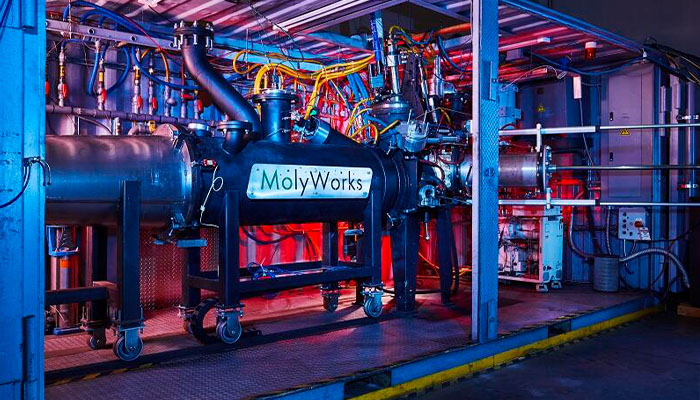
NematX AG: High-performance polymers
NematX AG is a Swiss startup that was founded as a spin-off of ETH Zurich in 2020. With its “Nematic 3D Printing” technology, it plans to usher in the next generation of 3D printing with high-performance polymers and significantly surpass the current benchmarks in corresponding end-use components. NematX’s target industries include aerospace, medicine, electronics, and industrial applications in which parts are exposed to harsh environmental conditions.
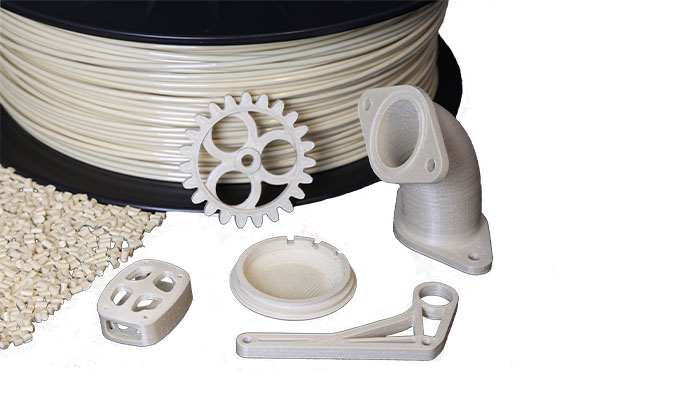
ToffeeAM: Automated design software
The British startup TOffeeAM, which we interviewed on 3Dnatives, has come up with automated design software that requires nothing more than a design space, fluid/material conditions, and the type of performance that needs to be optimized in the component in question. The company, which was founded as a spin-off of Imperial College London, now licenses the software (known as TOffee) to its customers. TOffee is capable of optimizing both individual parts and entire systems – by reducing the overall number of parts required, for instance. It is already being used in Formula 1 and in the aviation and oil and gas industries.
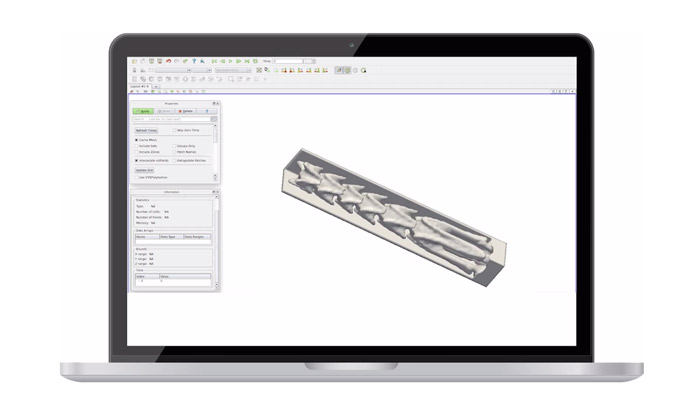
We’re excited to check out these companies during Formnext and also discover the winners of the purmundus challenge! You can connect to Formnext Connect HERE and vote in the purmundus challenge HERE.
